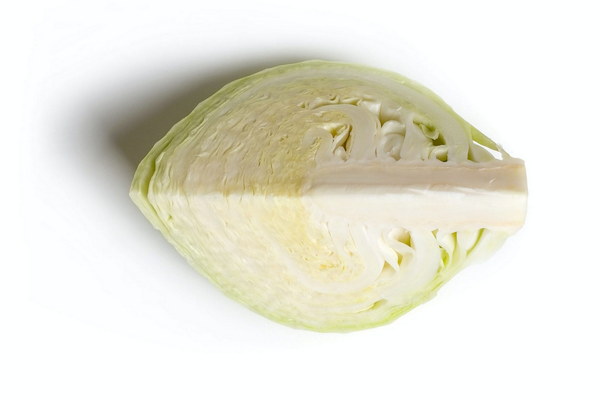Are Chestnuts Good for Stomach Health Exploring the Gastric Benefits of Chestnuts
Chestnuts, those delicious and nutty-tasting fruits, are often celebrated for their versatility and nutritional value. But have you ever wondered if they can be beneficial for your stomach health? In this article, we'll delve into the question, Are chestnuts good for the stomach? and explore the potential gastric benefits of this delightful treat.
Introduction
The human stomach is a complex organ that requires careful consideration when choosing foods to consume. While some foods can cause discomfort or irritation, others may have soothing properties and contribute to overall stomach health. Chestnuts, with their unique composition, might just be one of those foods that can be beneficial for your stomach.

Nutritional Profile of Chestnuts
To understand how chestnuts might affect stomach health, it's essential to look at their nutritional profile. Chestnuts are low in fat and calories, making them a suitable option for those looking to maintain a healthy weight. They are also rich in:
- Fiber: A high fiber content helps in digestion and can aid in preventing constipation, which is beneficial for overall stomach health.
- Vitamins and Minerals: Chestnuts contain vitamins C, B6, and potassium, all of which play a role in maintaining healthy stomach lining and muscle function.
- Antioxidants: These compounds can help protect the stomach lining from oxidative damage, which may reduce the risk of stomach ulcers and inflammation.
Gastric Benefits of Chestnuts
1. Digestive Support: The fiber in chestnuts can act as a natural laxative, aiding in the smooth passage of food through the digestive tract. This can be particularly beneficial for those suffering from constipation or irritable bowel syndrome (IBS).
2. Anti-inflammatory Properties: The antioxidants found in chestnuts may help reduce inflammation in the stomach lining, potentially lowering the risk of stomach ulcers and gastritis.
3. Stomach Lining Protection: The vitamin C in chestnuts can contribute to the production of stomach mucus, which acts as a protective barrier against stomach acid. This can be especially helpful for those with sensitive stomachs or those prone to heartburn.
4. Balanced Diet: Incorporating chestnuts into a balanced diet can help maintain a healthy stomach environment. Their low-fat and high-fiber content can contribute to overall digestive health.
Considerations
While chestnuts offer several potential benefits for stomach health, it's important to consider the following:
- Allergies: Some individuals may have an allergy to chestnuts, which can cause stomach discomfort or more severe symptoms. Always check for any allergies before consuming chestnuts.
- Digestive Sensitivity: If you have a sensitive stomach, it may be best to start with small portions of chestnuts to gauge your tolerance.
- Cooking Method: The way chestnuts are prepared can also impact their digestibility. Roasting or boiling chestnuts can make them easier to digest.
Conclusion
In conclusion, chestnuts appear to be a nutritious and potentially beneficial addition to a diet aimed at promoting stomach health. Their high fiber content, along with vitamins and antioxidants, can support digestion, reduce inflammation, and protect the stomach lining. However, as with any dietary change, it's important to consider individual needs and consult with a healthcare professional if you have specific concerns about your stomach health. So, the answer to the question, Are chestnuts good for the stomach? is a resounding Yes, but with the caveat that individual tolerance and health conditions should always be taken into account.









